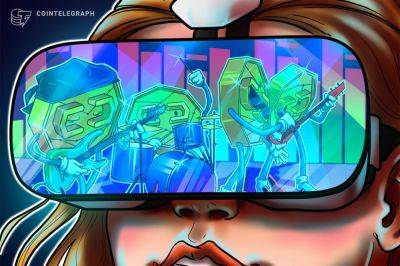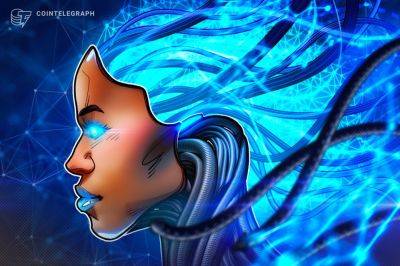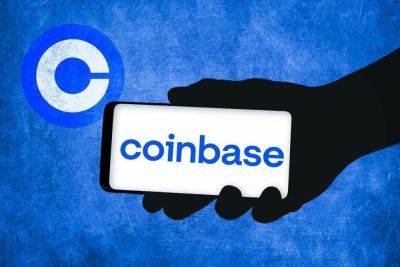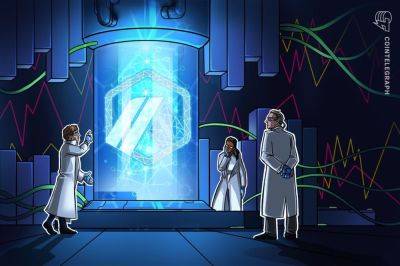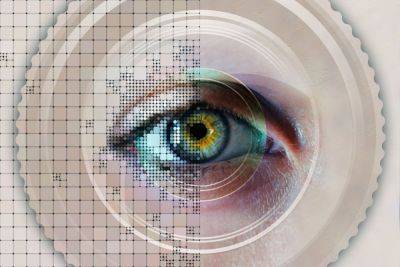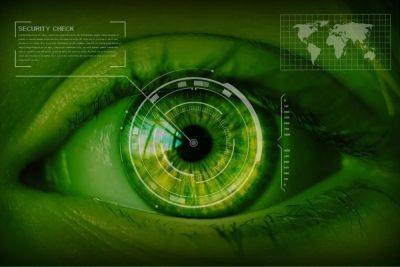Worldcoin Faces Global Regulatory Hurdles Amid Expansion
Recent developments around Worldcoin have reignited discussions on data privacy and the ethical implications of personal identification. The project's audacious goal to grant everyone on Earth a biometrically verified digital ID has captured attention globally—and not always in a good way.
With its rapid ascent, the platform faces significant challenges, as governments and experts scrutinize its methods and intentions. Let’s take a look at some of the main issues and concerns.
Worldcoin launched on July 24 of this year, issuing its $WLD cryptocurrency token. Initially given to beta program participants, Worldcoin offered an airdrop of 25 $WLD (worth around $2.21 USD each at the time of launch) to people willing to undergo an iris scan.
The company states its mission is to create a global system where anyone can verify their humanity online. To achieve this, they introduced the World ID, a unique identifier generated through an iris scan.
This IrisCode acts as a one-time mark to ensure authenticity, and once issued, the ID is stored on the Worldcoin blockchain, ostensibly safeguarding user privacy. Simultaneously, the World App stores user credentials and doubles as a cryptocurrency wallet, facilitating transactions with $WLD.
As of August 11, over 2.2 million people have registered on the platform. But this rapid expansion hasn't been without its share of controversy.
The ethical ramifications of trading biometric data for cryptocurrency have been a central concern for many. Users willingly share their iris scans in exchange for WLD tokens. Critics argue that this model could exploit economically disadvantaged populations, luring them with the promise of easy money in exchange for sensitive data.
John Wu, president of Ava
Read more on cryptonews.com









